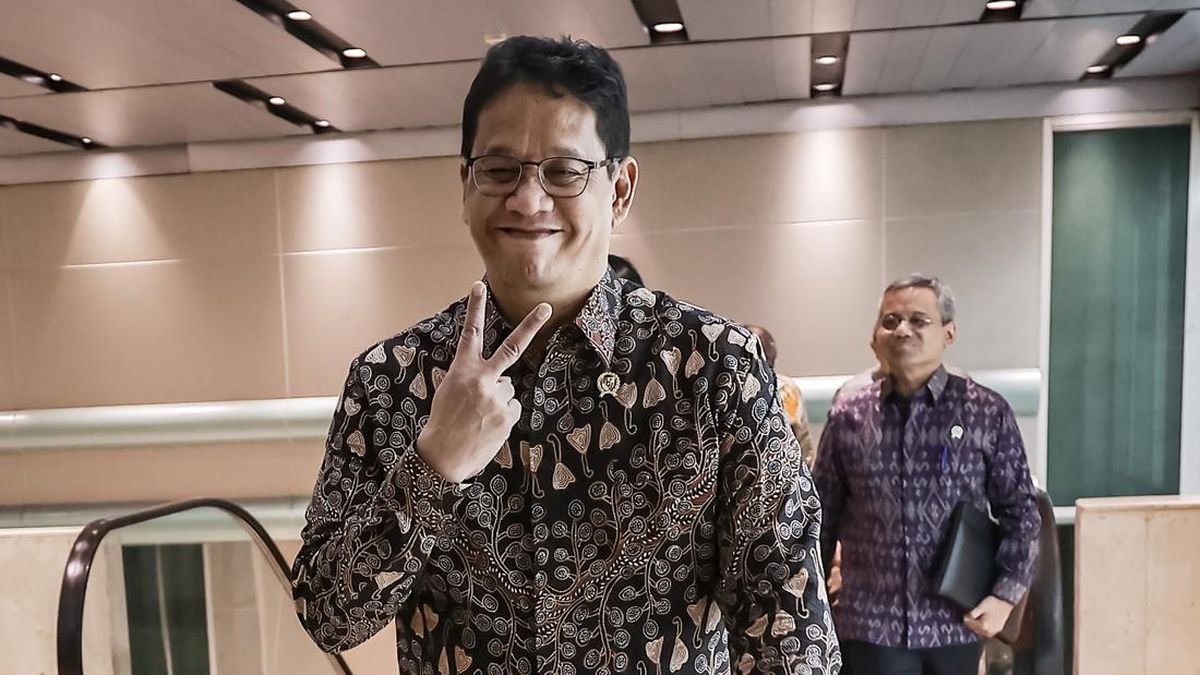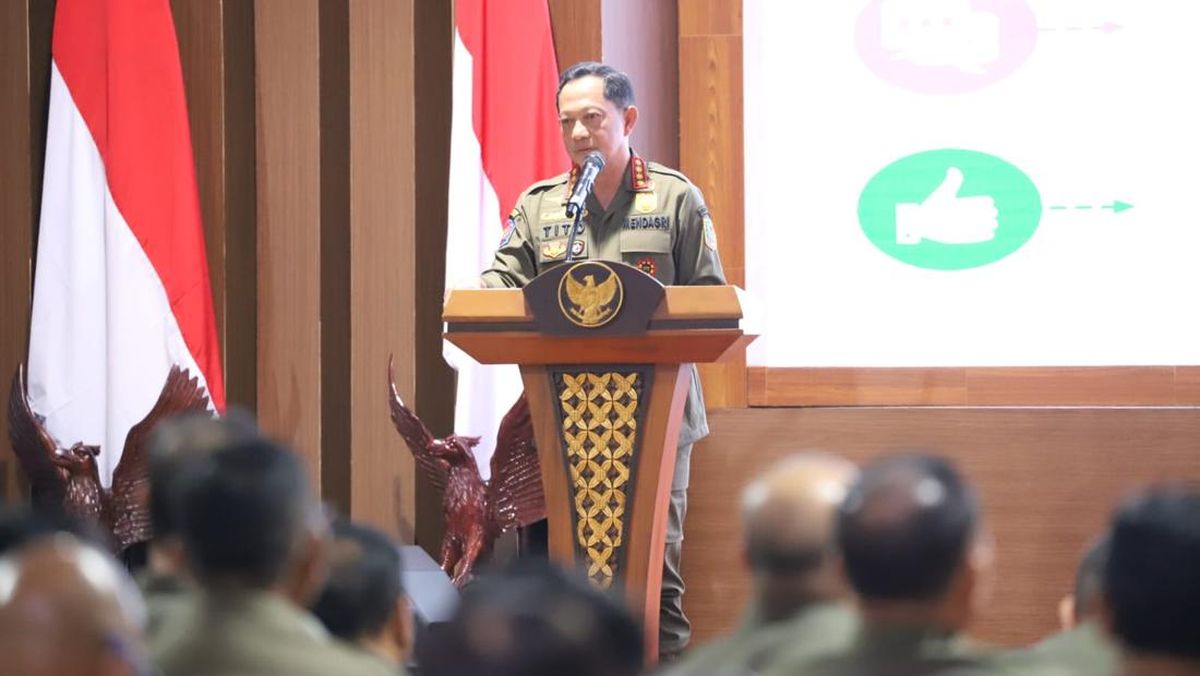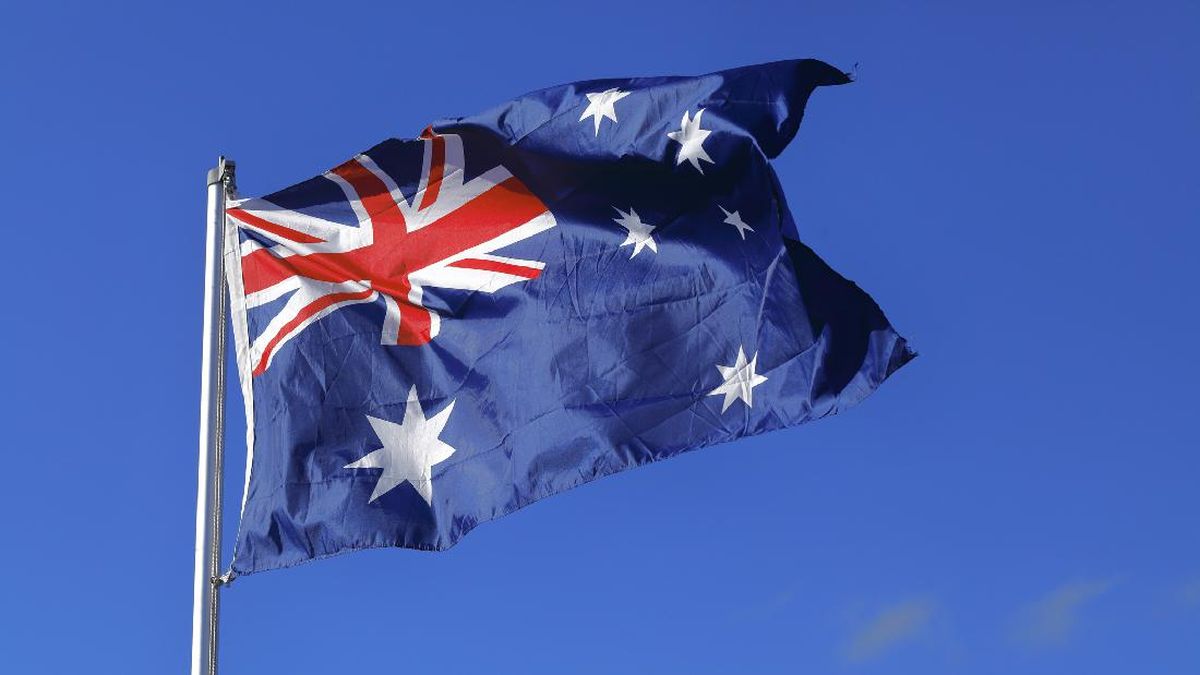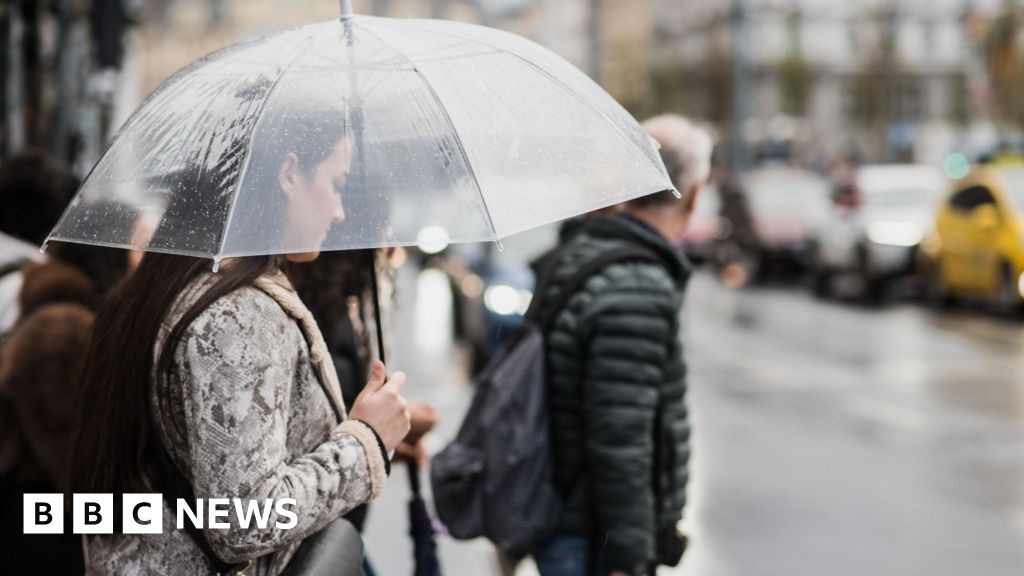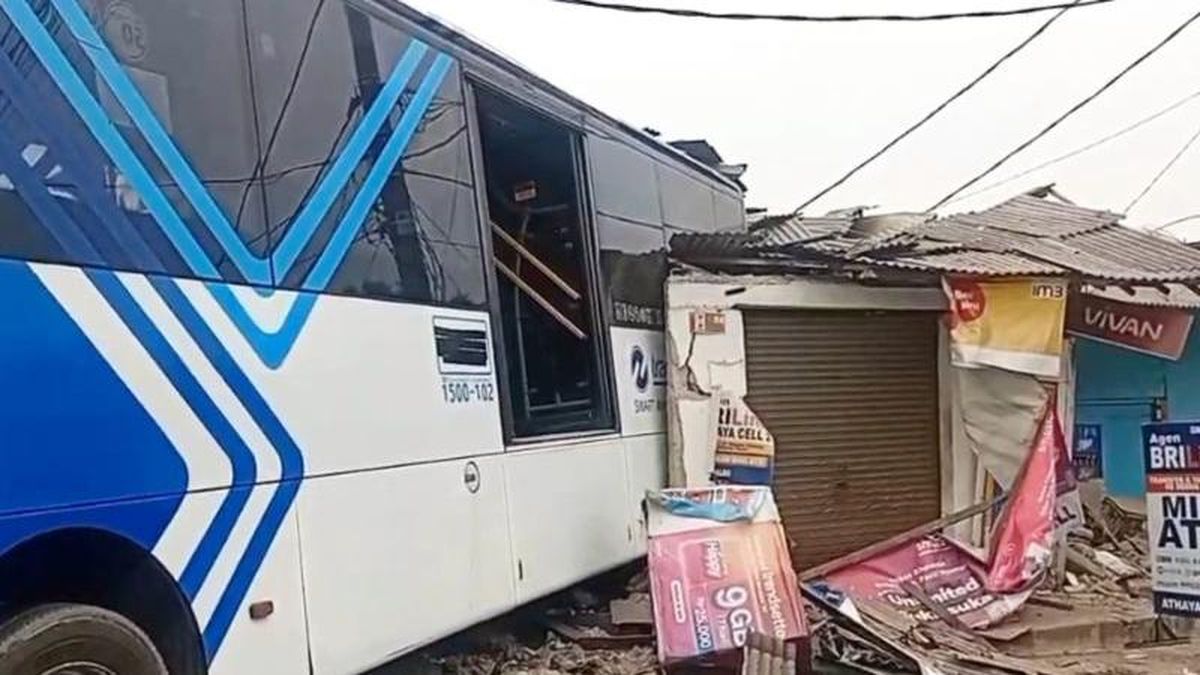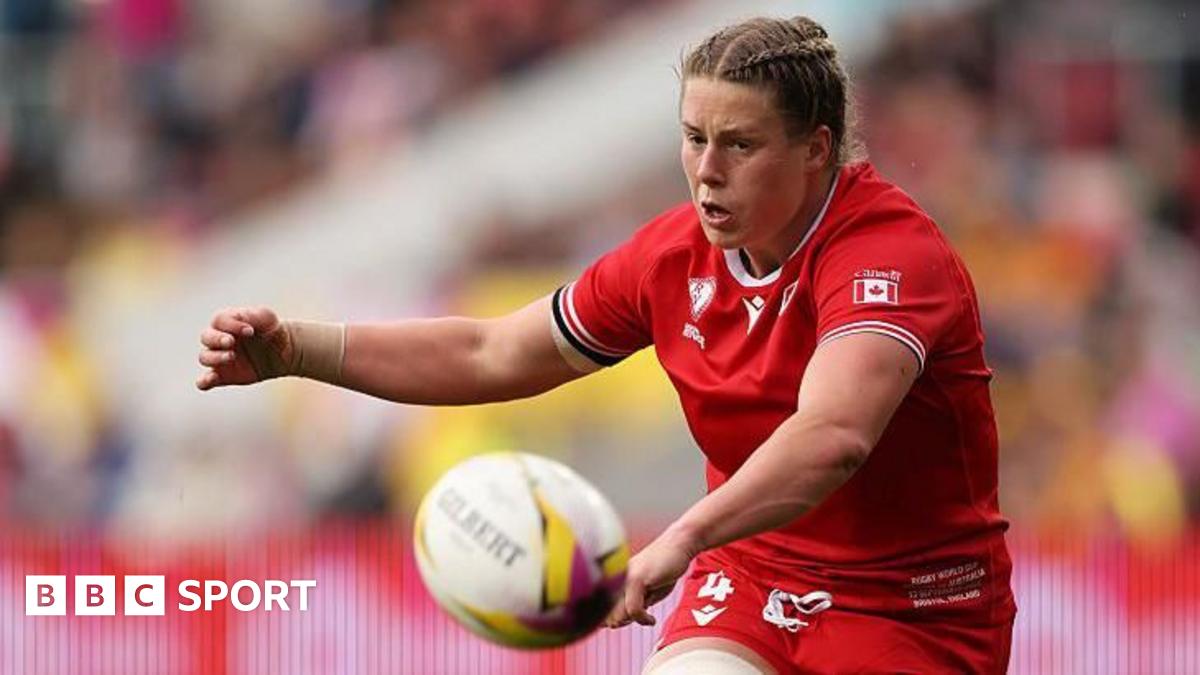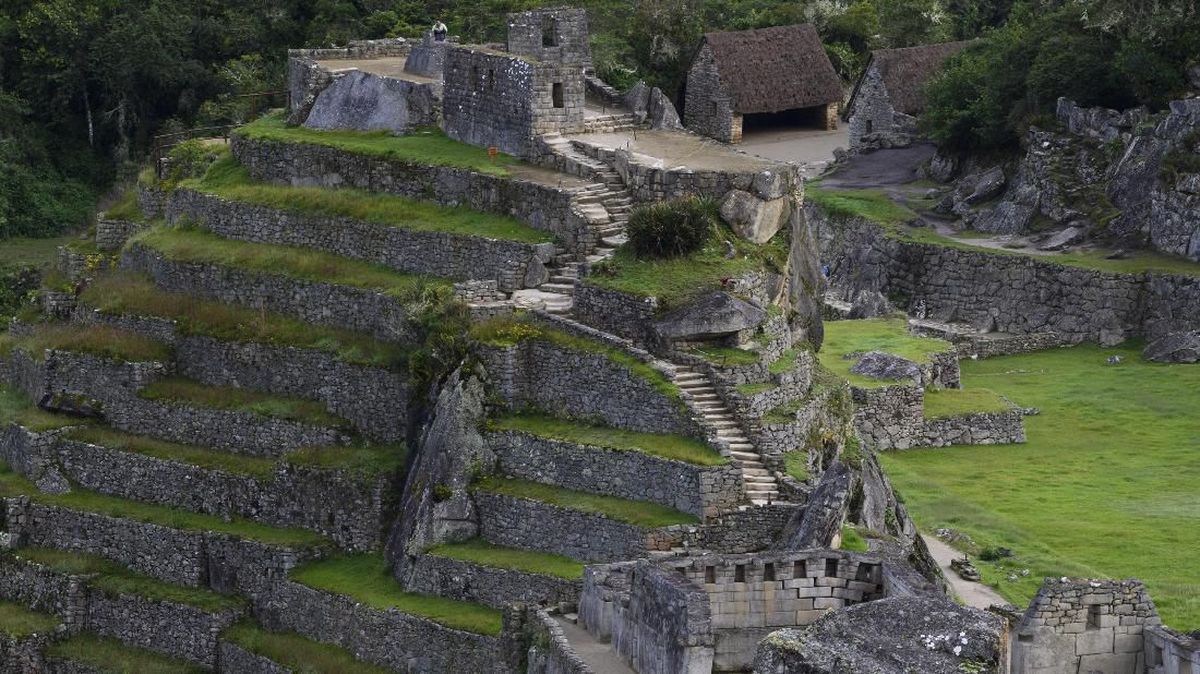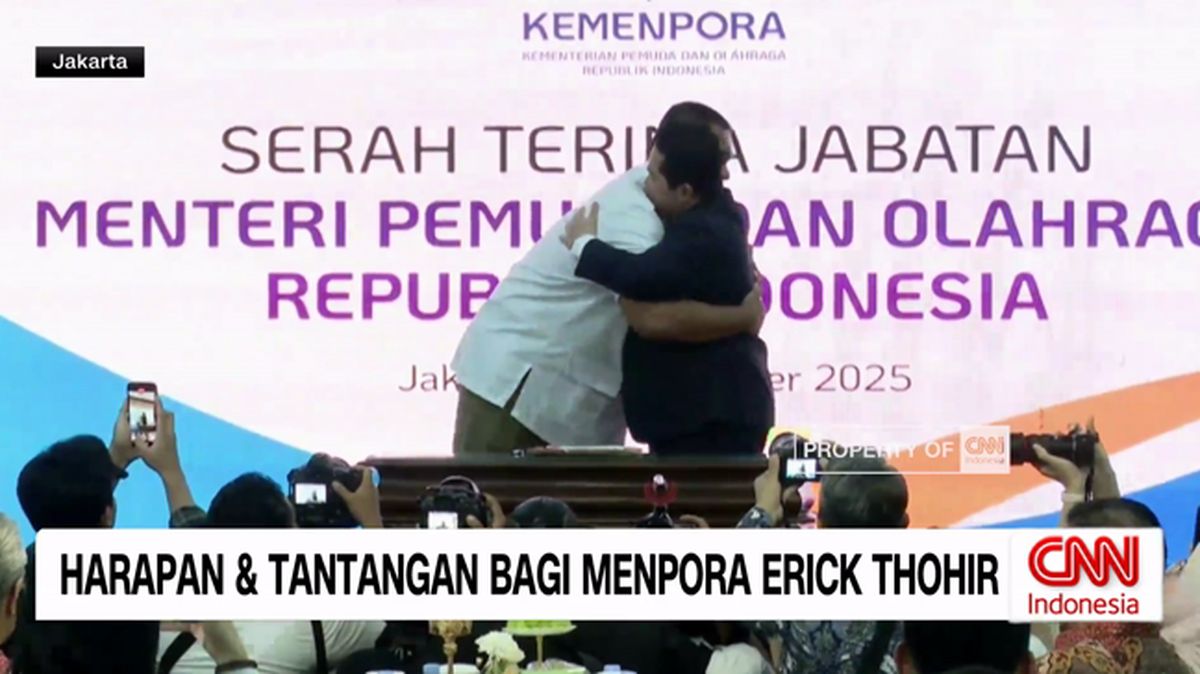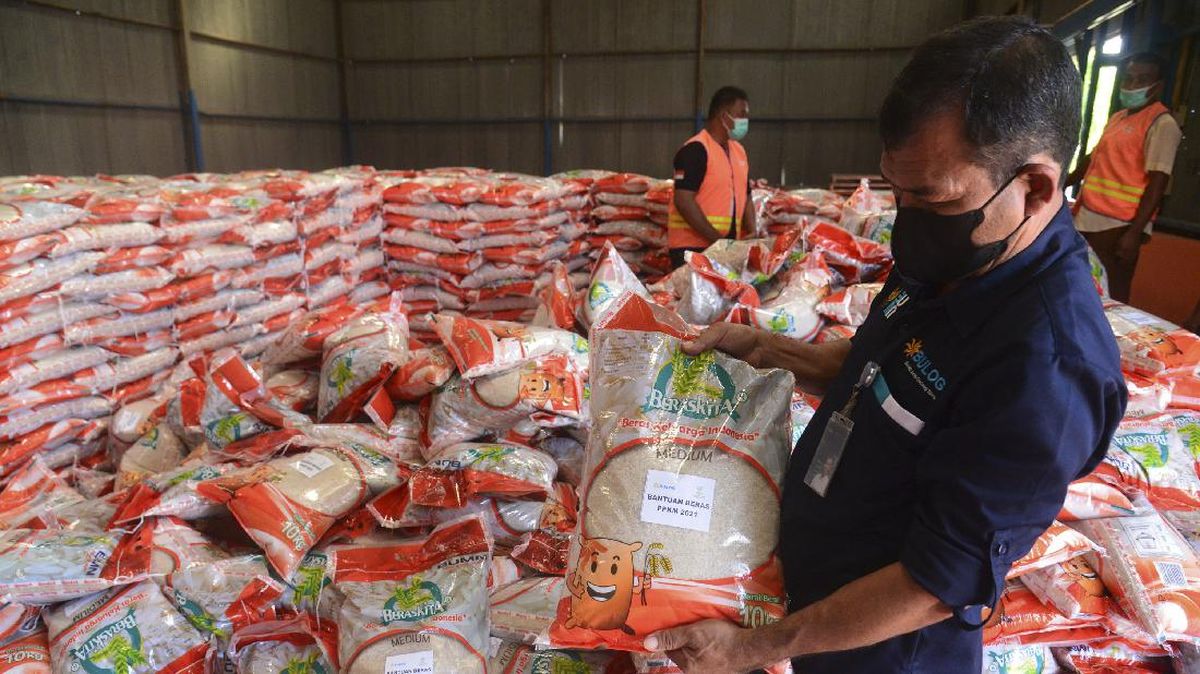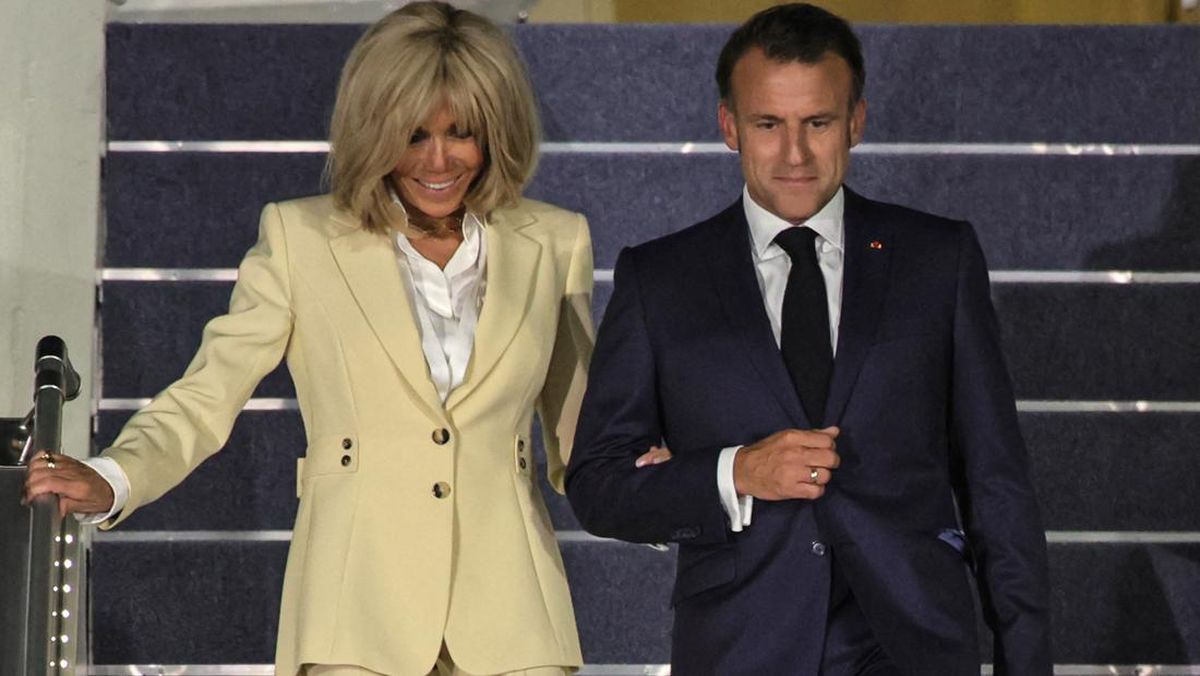The amount of rubbish to be burnt at Melbourne’s biggest proposed waste-to-energy plant has been doubled, despite opposition to the initial project from the state energy minister and residents.
On Monday waste giant Cleanaway withdrew its application for an EPA Victoria development licence to build a facility in Wollert that would burn 380,000 tonnes of rubbish a year.

Julie Ahmad (front) with other residents opposed to the waste-to-energy plant.Credit: Simon Schluter
Instead, the company will submit a fresh application to burn 760,000 tonnes a year at a $1.5 billion plant at the same location on Summerhill Road, with the intention of diverting rubbish from landfill and powering 140,000 households.
Cleanaway was able to dramatically expand the proposed Melbourne Energy Resource Centre’s capacity after Recycling Victoria granted it a separate licence on August 20 for 760,000 tonnes of annual waste incineration.
The Allan government wants waste-to-energy facilities to burn a fifth of Victoria’s rubbish by 2053 to avoid having to create new landfills and to produce reliable electricity. But fear of pollution from incinerators has sparked fierce local opposition to individual projects, such as one in Lara that failed to secure government approval last month.
Energy Minister Lily D’Ambrosio shepherded the state’s waste-to-energy strategy through parliament in 2022, but has joined local activists in opposing the Wollert incinerator near her Mill Park electorate.
Julie Ahmad, a member of the “NO Northern Incinerator Wollert” group, started a petition that has more than 6000 signatures against Cleanaway’s original plan. She was shocked to learn the waste-to-energy proposal had doubled in size.
“I think withdrawing the first application and returning with a big one feels like a slap in the face to the community,” Ahmad said. “If they think doubling the proposal will silence the community, they are mistaken. It has lit a fire under us.”
Ahmad lives in Wollert – seven kilometres from the proposed plant site, which is in an industrial zone – and worries about the health and environmental effects of burning so much rubbish.

Plant opponents (from left) Rodney Cummings, Julie Ahmad and her son Raiyan, Max Sargent, Tanja Kubitza, Abdullah Ahmad, Hamid Moeladawilah and Laura Cummings. Credit: Simon Schluter
“Incinerators leave scars on the earth that cannot heal,” she said.
A petition presented to the Legislative Assembly this year, sponsored by Labor MP for Thomastown Bronwyn Halfpenny, claimed the Wollert plant would emit “dangerous pollutants like dioxins, PFAS, microplastics, and heavy metals” as well as greenhouse gases.
Cleanaway says its proposal would be safe for the environment and human health. The site is more than a kilometre from the nearest homes and would use “leading-edge technology that is proven”, the company says.
Cleanaway has also argued the facility would reduce net greenhouse gas emissions compared with the alternative of dumping the rubbish in methane-leaching landfill and generating electricity from fossil fuels.

Cleanaway’s proposed Melbourne Energy Resource Centre.
“We know that building trust takes time, and we are determined to demonstrate that MERC will be a facility designed with the community’s expectations, with Cleanaway continuing to seek the relevant environmental and planning approvals,” a spokesperson said.
“The MERC is a capital investment funded entirely by Cleanaway of approximately $1.5 billion. This is a significant investment in the local community creating jobs and an economic uplift for the region.”
Ahmad said the community group opposing the Wollert plant did not believe technology could totally mitigate pollution risks.
Asked if incinerators were a suitable alternative to landfills, she said: “We need to be cutting down our waste from its source, not at the end.”
Rachel Payne, the upper house MP for the Legalise Cannabis Party, won support last week to establish a parliamentary inquiry into the expansion of waste-to-energy infrastructure in Victoria.
The state government was contacted for comment.
Start the day with a summary of the day’s most important and interesting stories, analysis and insights. Sign up for our Morning Edition newsletter.
Most Viewed in National
Loading




